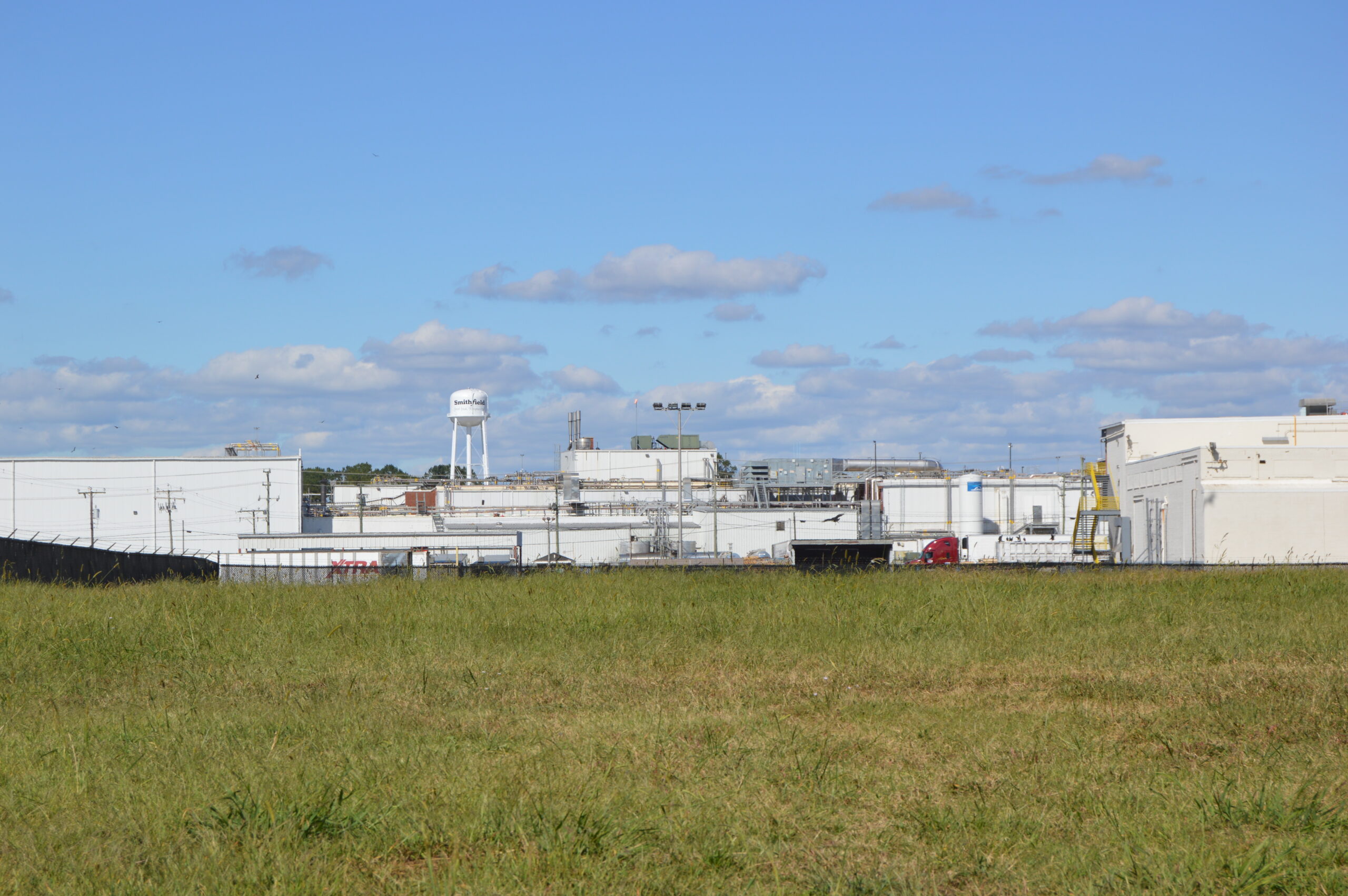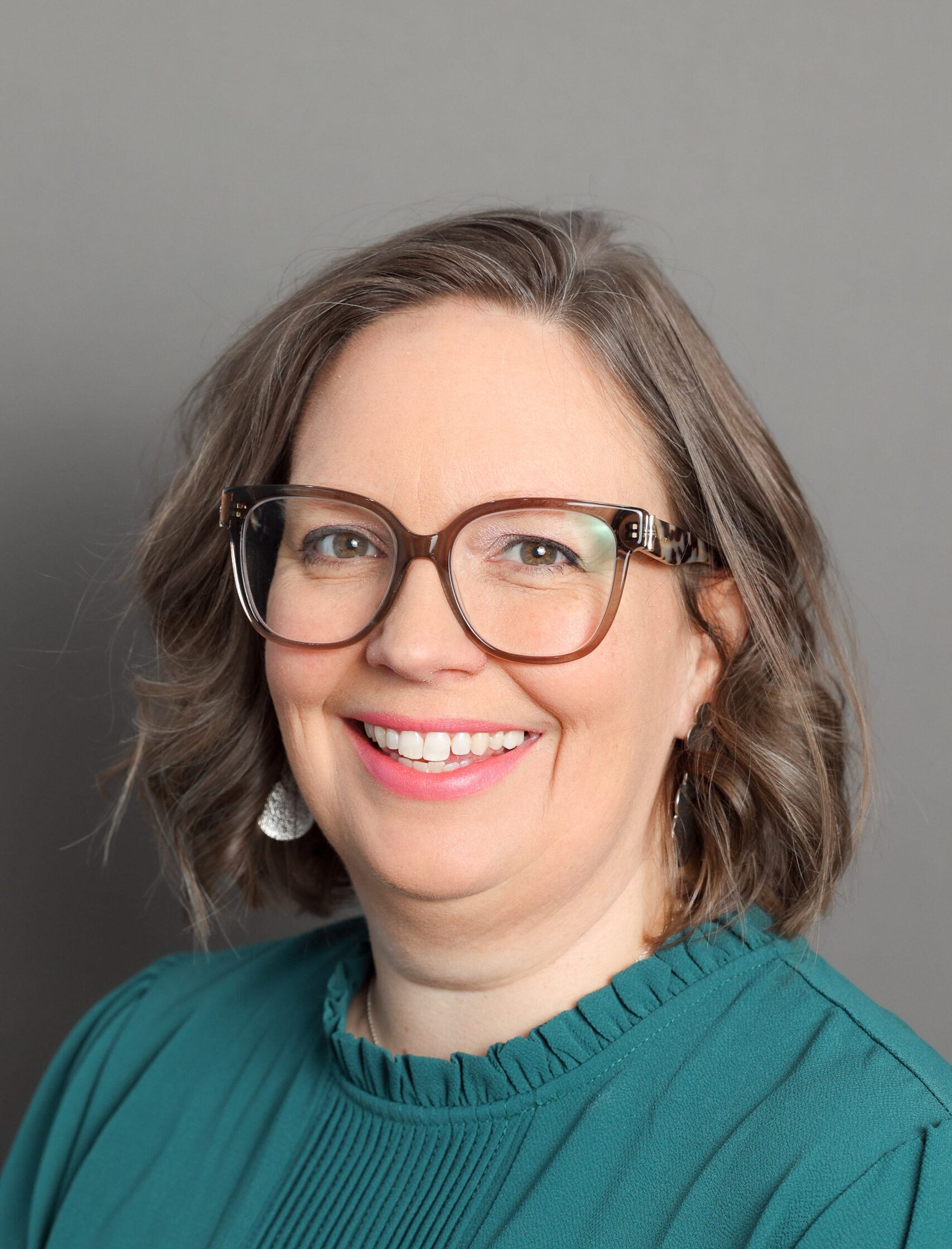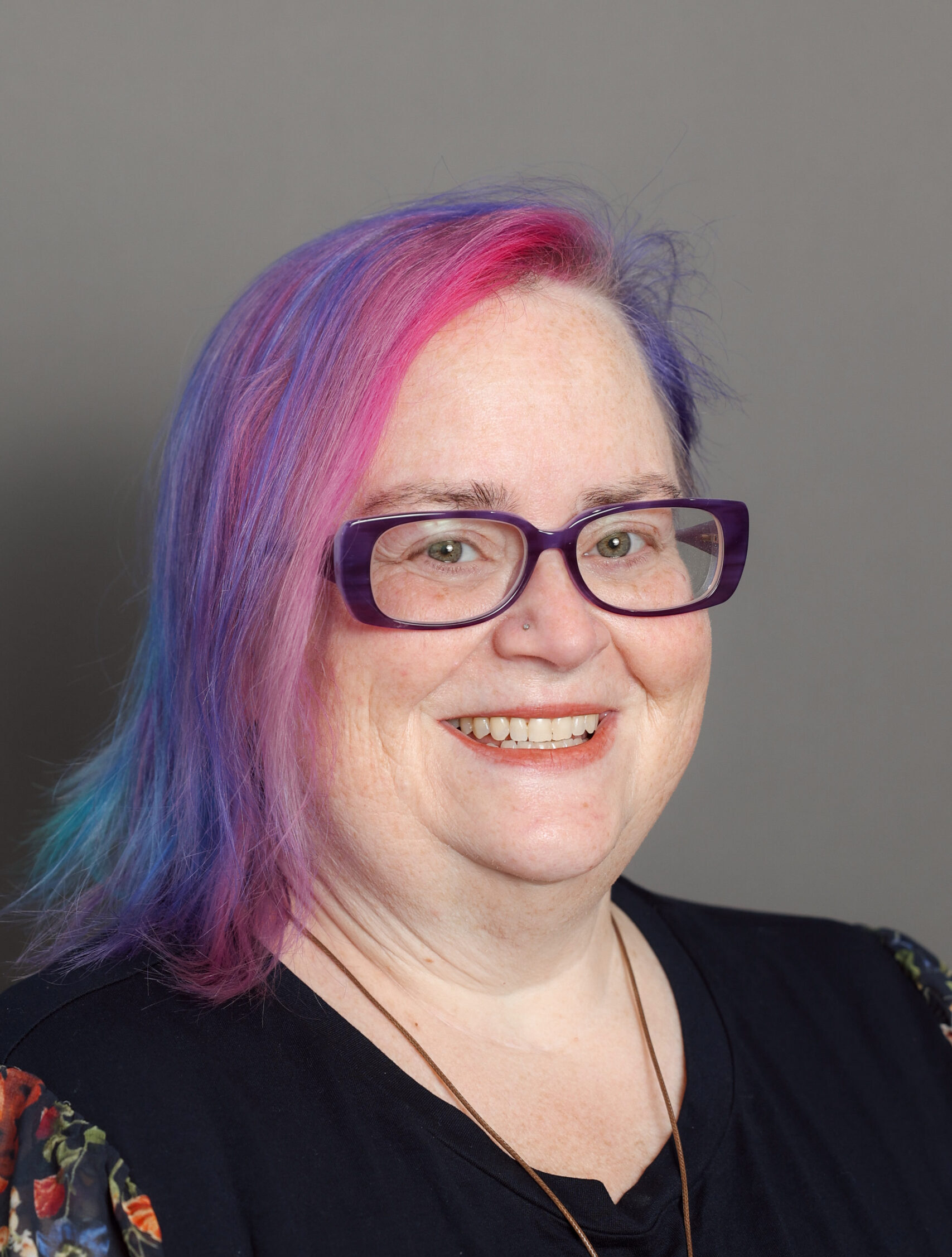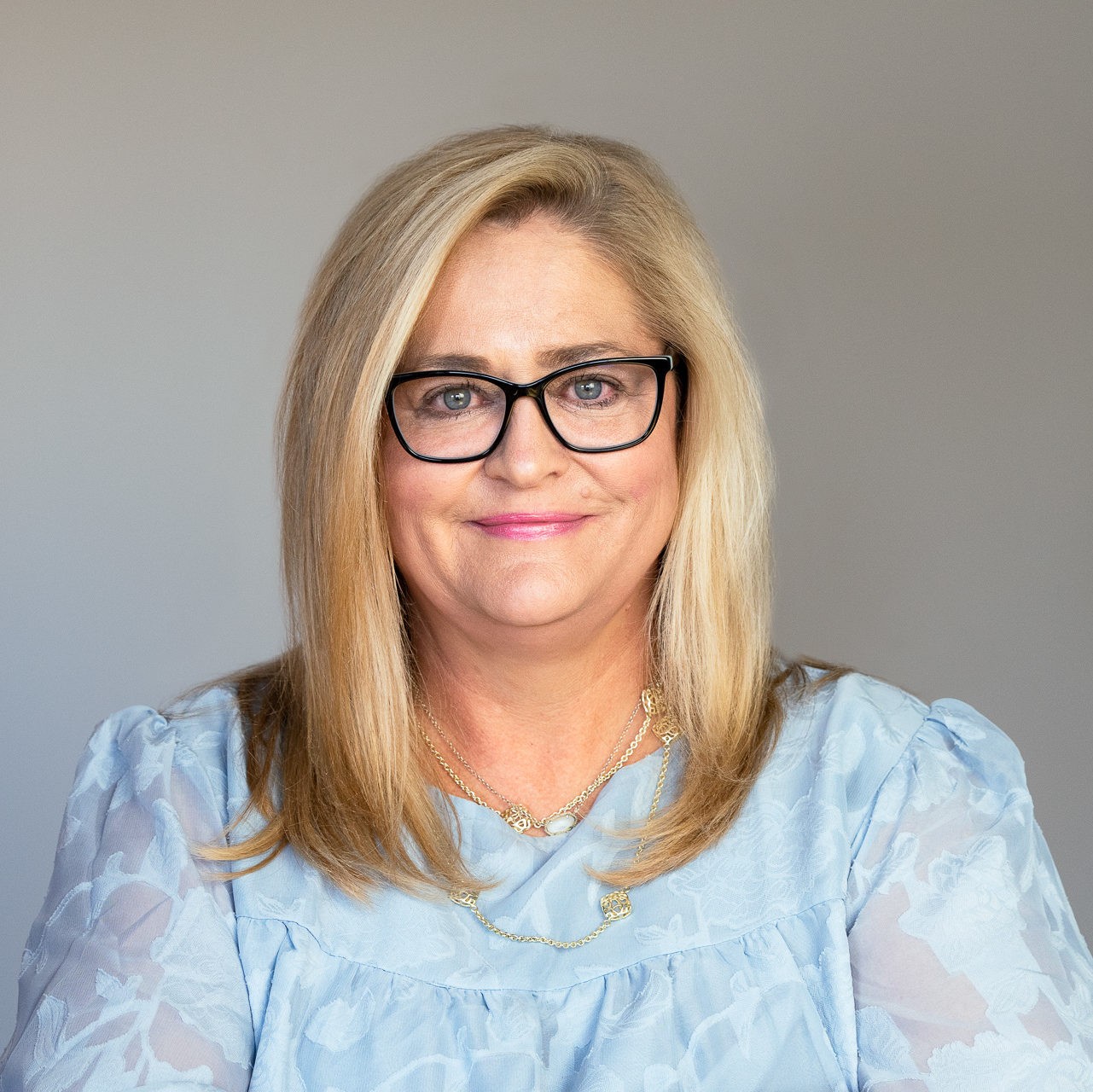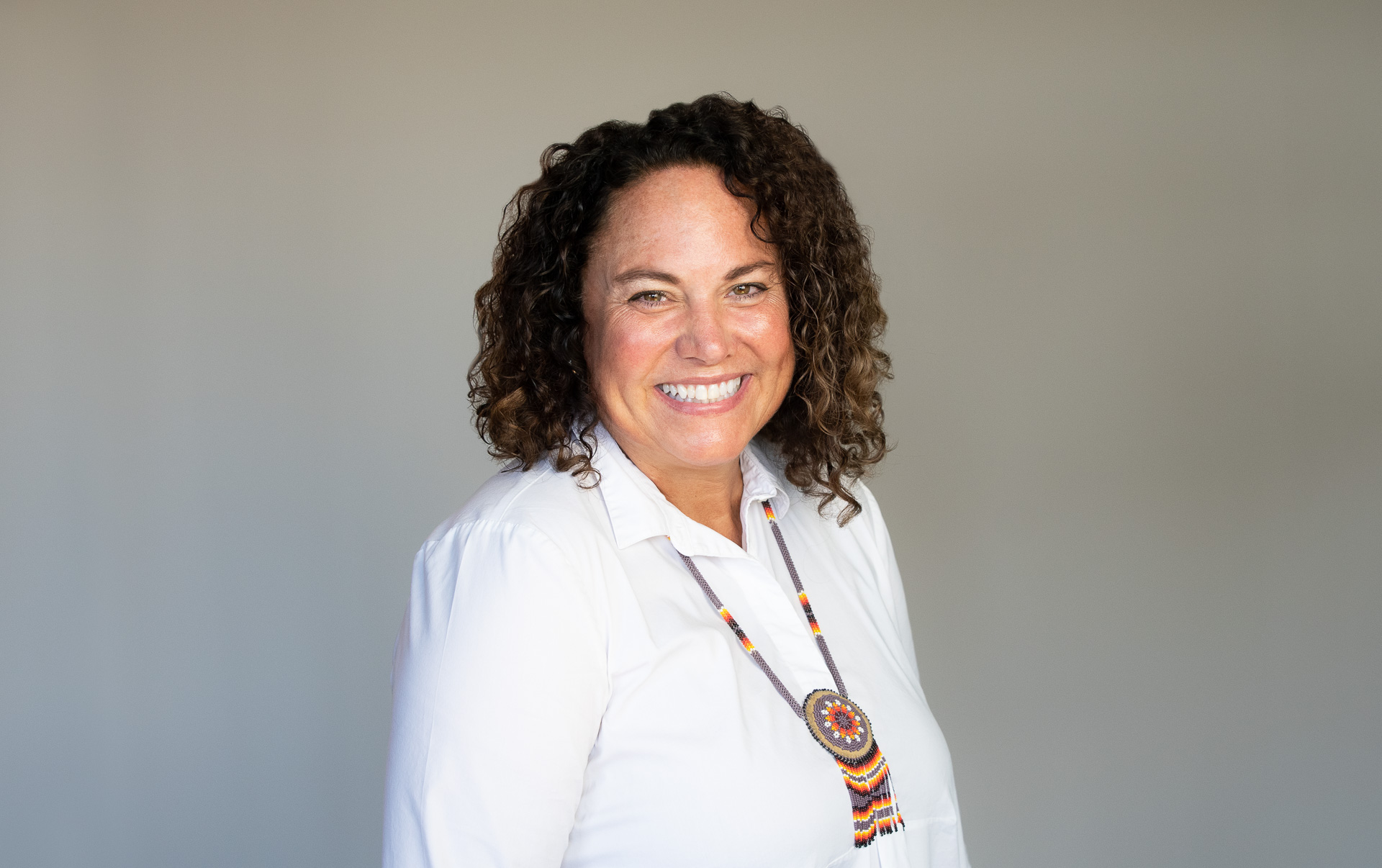Collaborative Grantmaking: Stronger Together
As an organization whose focus is on disaster philanthropy, we at the Center for Disaster Philanthropy (CDP) often share best practices with our philanthropic partners. We always encourage fellow funders to look for ways to leverage the dollars they have available such as by working collaboratively. We recommend philanthropy join with others to make more […]
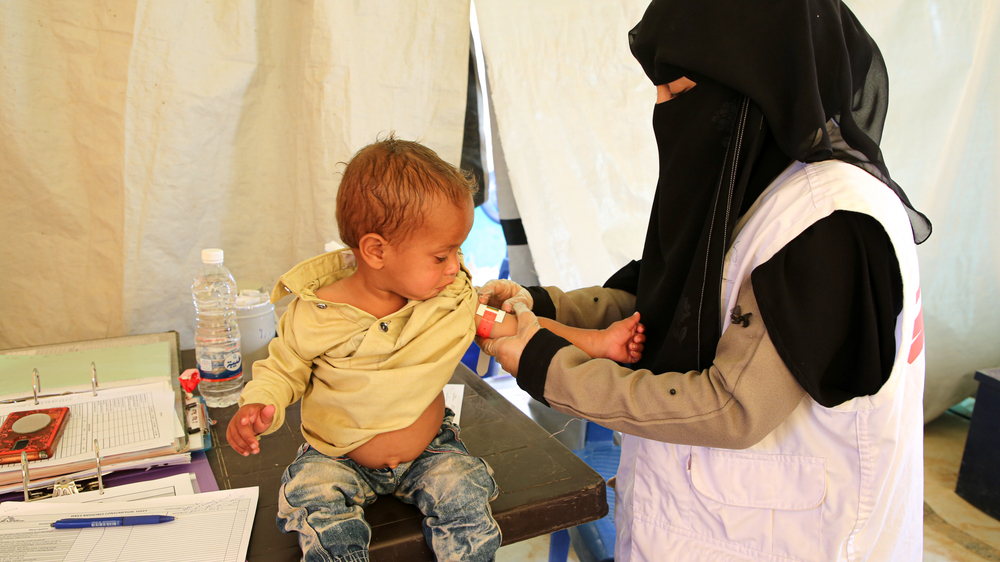
As an organization whose focus is on disaster philanthropy, we at the Center for Disaster Philanthropy (CDP) often share best practices with our philanthropic partners. We always encourage fellow funders to look for ways to leverage the dollars they have available such as by working collaboratively.
We recommend philanthropy join with others to make more significant grants or find ways to fill gaps that other foundations, corporations or funders might not support. And at CDP, we walk our talk by collaborating within our internal funding streams to, hopefully, amplify our impact.
Below are examples of how CDP’s fund directors have leveraged each others’ grantmaking to meet the immediate and long-term recovery needs of communities most affected by disasters. We hope to inspire other donors and funders to think of ways to do the same.
Multiple Funds for a Multitude of Disasters
CDP manages several response and recovery funds in response to a specific disaster, like our COVID-19 Response Fund and our Hurricane Harvey Recovery Fund.
There are also funds for an entire disaster season, such as our Atlantic Hurricane Season Fund and wildfire season funds.
Our Global Recovery Fund and Disaster Recovery Fund allow us to respond to more low-attention disasters where specific funding might not be available.
And we have our signature Midwest Early Recovery Fund that focuses on funding low-attention disasters in a 10-state region.
On top of all of this, we also do disaster grantmaking on behalf of some high-profile clients.
The need for this collaborative mindset has been particularly evident for us throughout the COVID-19 pandemic. As we have considered funding to support recovery from the “usual” disasters we have faced, we have also considered the layered effects of multiple traumas created by numerous disasters. During 2020 and now into 2021, we have experienced hurricanes, wildfires, floods, deep freezes, earthquakes, humanitarian emergencies and so much more, all while dealing with the health, economic and psychosocial effects of a global pandemic.
Collaborative Funding in Practice
Some examples of how we have leveraged our funds to have a more significant effect include:
- We granted to nine organizations in South Dakota, Minnesota, Iowa and Nebraska to support cultural and language resources for persons whose first language is not English.
These communities are home to extensive agriculture/food production facilities that primarily employ New Americans and saw significant health and economic impacts in 2020. Many were also in ongoing flood recovery from the 2019 Midwest Floods. With the combined funding from the CDP COVID-19 Response Fund, the 2019 Midwest Flood Fund and the Midwest Early Recovery Fund, we supported community advocates and coordinators who are members of the populations they serve. We funded initiatives that reduced barriers and opened access to culturally appropriate food, translated health services and education/technology resources. - We made two grants to Doctors Without Borders/Médecins Sans Frontières (MSF) to support their response to the humanitarian crises in Yemen and Venezuela.
The funding came from the CDP Global Recovery Fund and the CDP COVID-19 Response Fund. With this funding, MSF was able to provide humanitarian relief and support the health infrastructure of each country, as they prepared for the impact a pandemic would have on their already weakened systems. - We supported Houston Responds (SW Lousiana Responds) and Orange County Disaster Rebuild in their efforts to help southeast Texas and southwest Louisiana communities recover from numerous hurricanes, floods and the February 2021 deep freeze.
The borders of southeast Texas and southwest Louisiana are porous, and the weather doesn’t recognize state boundaries. Using funding from multiple sources – the Texas Winter Storm Recovery Fund and the Atlantic Hurricane Season Recovery Fund – we simultaneously supported multiple communities affected by multiple disasters so that residents don’t have to separate damages from each event. - We supported Information Technology Disaster Resource Center (ITDRC) for work related to hurricanes, wildfires, flooding and COVID-19.
We provided a $350,000 grant from multiple CDP funds, including wildfires, hurricanes and COVID-19. Through this grant, ITDRC will monitor and support approximately 1,100 community recovery sites established during the current and previous years’ responses, including 2020 hurricanes, wildfires and a nationwide COVID-19 response. They will provide technical assistance to the White Swan Community in South Dakota struggling to recover from repeated flooding exacerbated by the pandemic. They will continue building capacity for future wildfire and hurricane relief efforts. - We are granting to several organizations that are assisting communities affected disproportionately by the 2020 western wildfire season and COVID-19.
COVID-19 exacerbated the impact of the 2020 Wildfire season. Families and individuals, especially farmworkers, Latinx and mixed-status households, became homeless, jobless and without a way to store or cook food. CDP is granting to several organizations in California, Oregon and Washington that are helping survivors with re-housing and day-to-day support such as groceries, restaurant gift cards, education support, and gas and bus cards. Funding is coming from the CDP Wildfire Fund and the COVID-19 Response Fund.
We’re grateful our donors entrust us with funding to address the increasing needs of communities worldwide as they work to recover from disasters and crises. As grantmakers, we work as a team to learn from one another and share opportunities and experiences to help us become better at what we do. Collaborative funding is one way we express that sense of teamwork.
From our experience, especially over the past year-plus, we know that we are all stronger together.
More like this
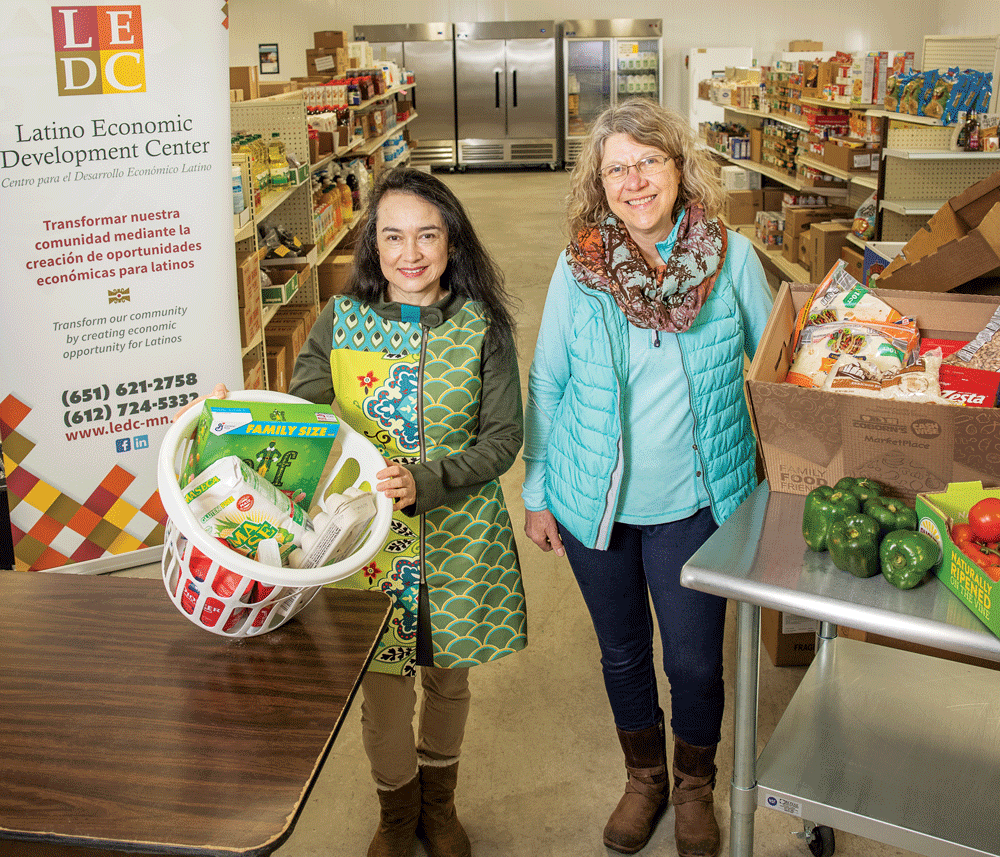
COVID-19 provides myriad lessons in cultural navigation
